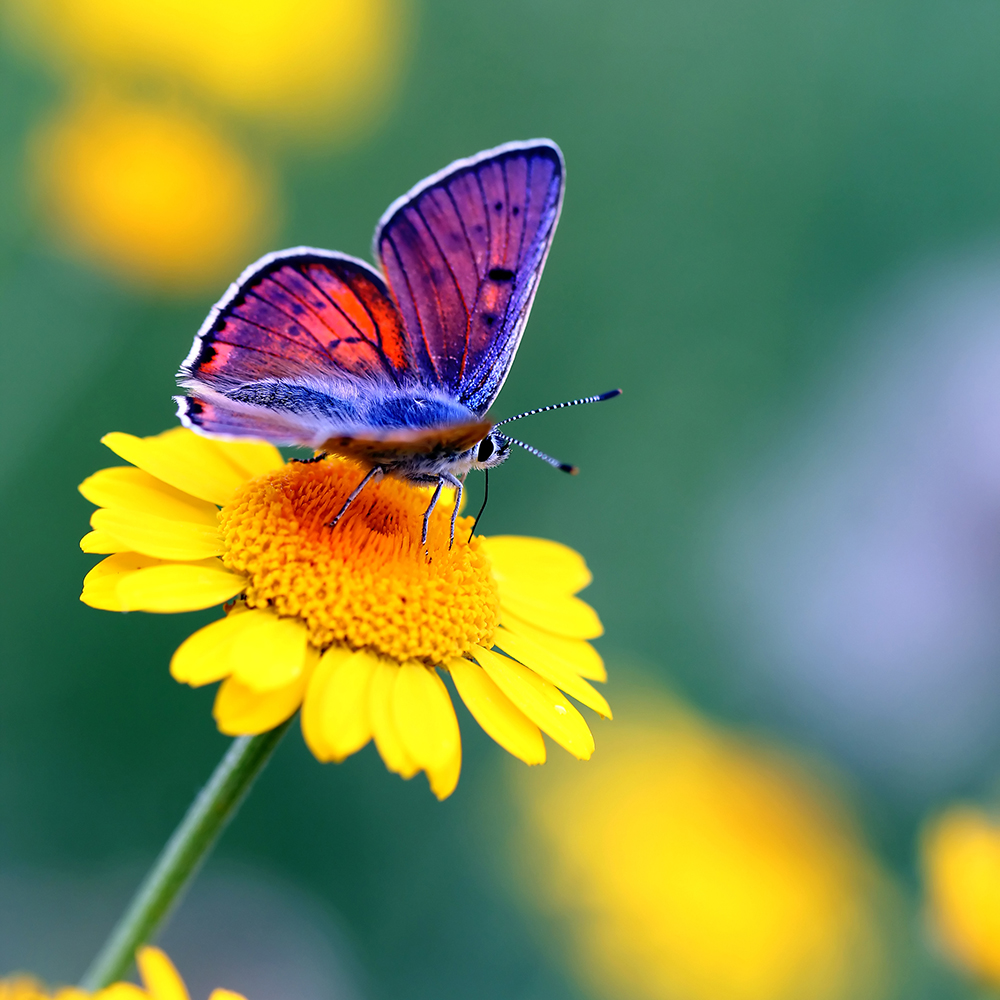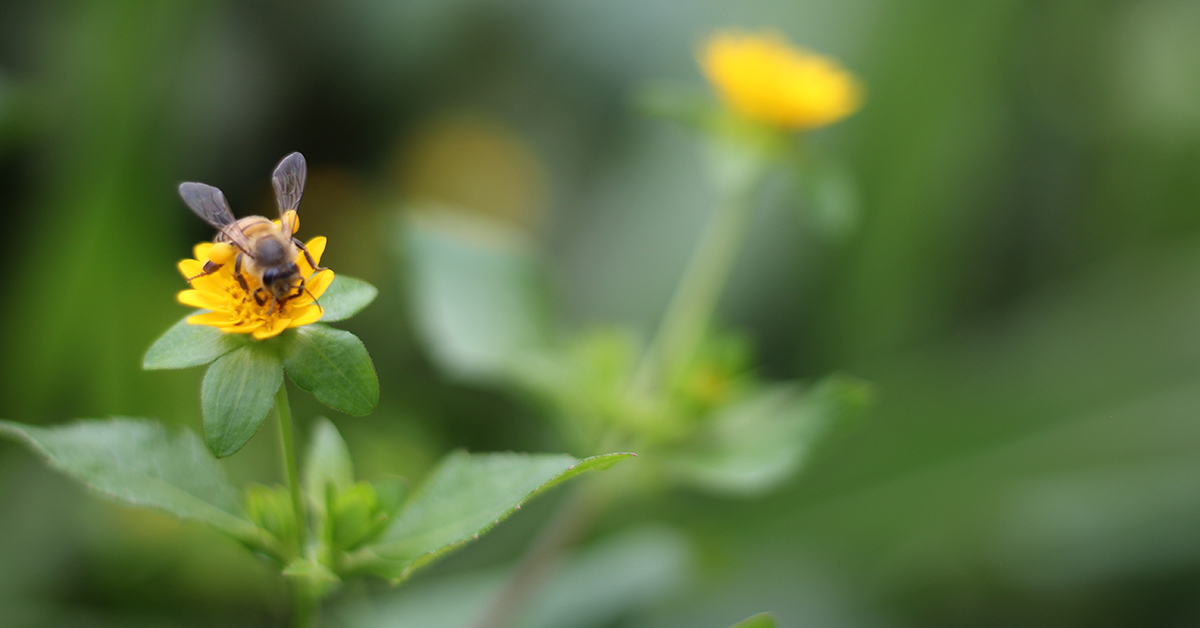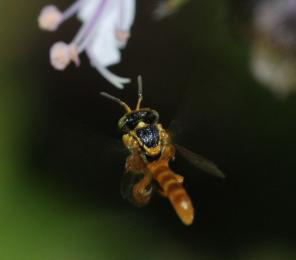Episode 11 with pollinator scientists Dr. Valerie Peters and Dr. Jackie Grant!
pretend text


Resource List
- Vanbergen AJ, and Insect Pollinators Initiative. 2013. Threats to an ecosystem service: pressures on pollinators. Frontiers in Ecology and the Environment 11: 251-259.
- Garibaldi LA, et al. 2014. From research to action: enhancing crop yield through wild pollinators. Frontiers in Ecology and the Environment 12: 439-447.
- Bawa, K.S. 1990. Plant-pollinator interactions in tropical rain forests. Annual Review of Ecology and Systematics 21: 399-422.
- Deutsch, C.A., J.J. Tewksbury, R.B. Huey, K.S. Sheldon, C.K. Ghalambor, D.C. Haak, P.R. Martin. 2008. Impacts of climate warming on terrestrial ectotherms across latitude. PNAS 105: 6668-6672.
- Freitas, B.M., V.L. Imperatriz-Fonseca, L.M. Medina, A.M.P. Kleinert, L. Galetto, G. Nates-Parra, J.J.G. Quezada-Euan. 2009. Diversity, threats, and conservation of native bees in the Neotropics. Apidologie 40: 332-346.
Scientist Biographies

Dr. Valerie Peters
Assistant Professor of Biology, Department of Biological Sciences, Eastern Kentucky University
Dr. Valerie Peters is a community ecologist with over 20 years of experience working in the New World Tropics. Valerie received her Ph.D. in Ecology from the University of Georgia. For her dissertation research Valerie studied how to best manage coffee plantations for biodiversity and ecosystem services, and she was the Principal Investigator for an Earthwatch expedition on Sustainable Coffee Production in Costa Rica from 2006 to 2009. Valerie recently joined the faculty in the Biology department at Eastern Kentucky University. Eastern Kentucky is home to the spectacular Red River Gorge, the Daniel Boone National Forest and many other great opportunities for hiking and exploring nature—Valerie’s favorite activity to do in her spare time.

Dr. Jacqualine Grant
Associate Professor of Biology, Southern Utah University
Dr. Jacqualine (Jackie) Grant is a long-time conservation biologist who loves Utah’s amazing landscapes, interesting people, and outstanding desert biodiversity. She teaches genetics and conservation biology, directs the Garth and Jerri Frehner Museum of Natural History, and manages the University of the Parks initiative at Southern Utah University.

Keep a lookout for Pollinator Watch!
Take part in a backyard- or community-based citizen science research project that aims to reduce the continued decline of pollinators around the world by engaging members of the public in data collection activities.

Look good while doing good!
Featured Expedition
Conserving Wild Bees and Other Pollinators of Costa Rica
Bees, hummingbirds, and other pollinators provide services that are critical to our future food security and the ecological health of the planet. Help scientists conserve these crucial species.
North America: San Luis de Monteverde and Las Cruces in Coto Brus, Costa Rica
Lead Scientist: Valerie Peters, Ph.D.
Duration: 7+ days (avg. $271 a day)
YOUR SUPPORT MATTERS
Earthwatch depends on donations—above and beyond what we raise from volunteers who participate on our expeditions—in order to deliver our global conservation mission. In fact, volunteer contributions provide only half of the total resources Earthwatch needs to sustain over 40 field research expeditions, a wide variety of educational programs, corporate sustainability trainings, and more each year.
